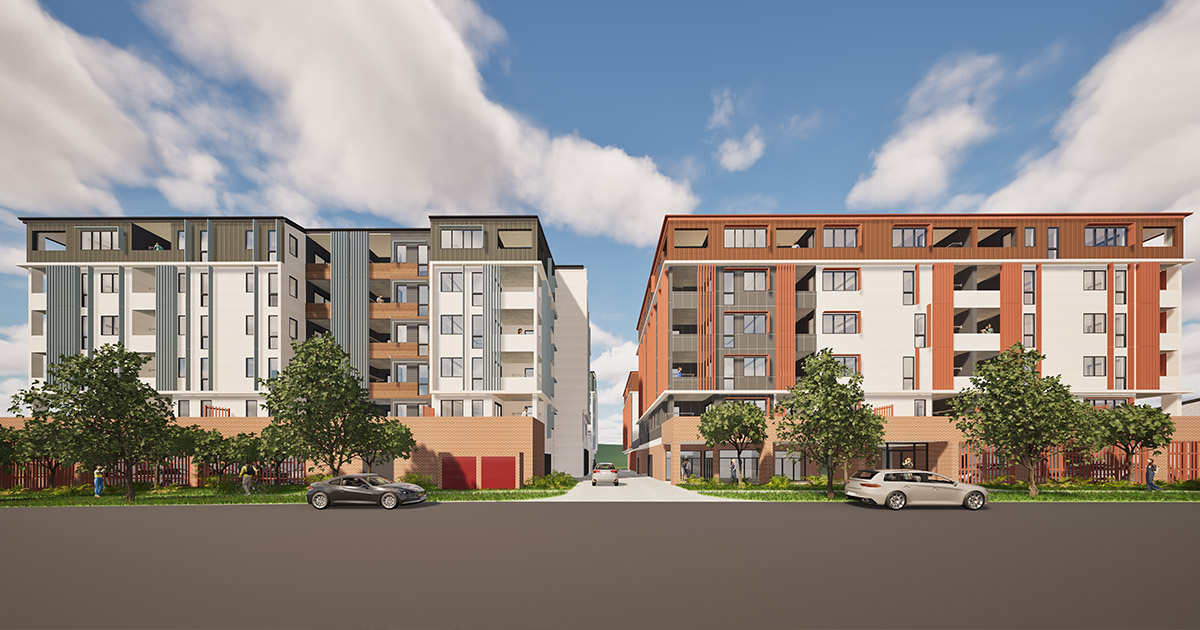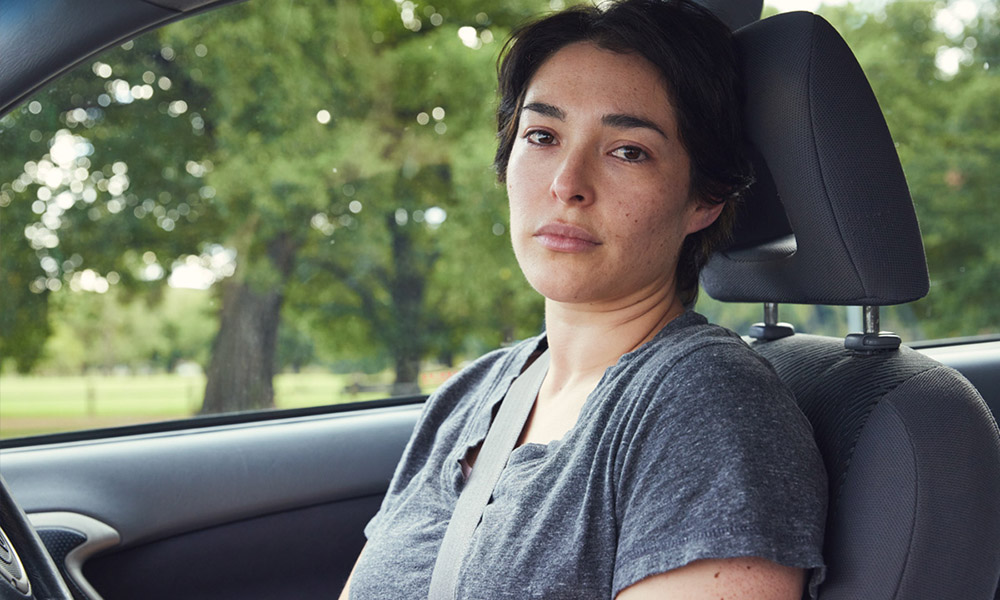Urging more accredited youth rehab facilities to tackle high cost of ice addiction
- Details
Following the Monday night screening of Rehab Inc on ABC’s Four Corners, Mission Australia is again calling on the government to fund a network of accredited youth-specific rehabilitation and detox services, based on a similar model to Mission Australia’s Triple Care Farm facility in NSW’s Southern Highlands, to help tackle the high financial and emotional cost of ice addiction.
The renewed call comes as the Four Corners program highlighted the shortage of public rehabilitation centres forcing young people into treatment at costly private centres, with experts concerned these centres have 'no minimum standards'.
Mission Australia’s Triple Care Farm Program Manager, Gabriella Holmes explained that young people who have a history of illicit substance abuse such as using methamphetamines (ice) may require high quality, accredited holistic rehabilitation such as the program offered at Triple Care Farm to tackle their addiction.
“Unfortunately, there is a stark shortage of age-appropriate rehabilitation and detox facilities. And those existing private facilities may have high fees and hidden costs, yet may not be required to maintain high operating standards. This means young people facing methamphetamine (or ice) addiction may not have any other choice but to attend costly private centres for adults. This can place a huge emotional and financial strain on the individual and family when they are at their most vulnerable,” Mrs Holmes said.
An independent Social Ventures Australia analysis of the Triple Care Farm program over four years between 2009-13 found that for every $1 invested into the program, approximately $3 of value was created for young people, their families and the government.
“We need more programs like Triple Care Farm which only require participants to contribute $150 per week to attend. This contribution includes accommodation, food and access to a high quality, accredited holistic rehabilitation program tailored to the needs of young people. It includes individual and group counselling, education and training programs as well as six months of aftercare. The Farm provides a safe place for change amongst an atmosphere of security and encouragement to support young people to turn their lives around,” said Mrs Holmes.
In their submission to the Government’s Ice Taskforce in 2015, Mission Australia said the absence of appropriate rehabilitation and detoxification facilities, particularly for young people, remains a considerable barrier to effective interventions and treatment.
For young people who have fallen into a cycle of methamphetamine use, their fate rests on the availability of appropriate detoxification and rehabilitation facilities. It is difficult to find that small window of opportunity where the young person struggling with addiction is stable and self-motivated to commence detoxification. If a place is not found this vital window is missed and the situation worsens. Coming off addictions, particularly methamphetamines, without quality medical support and rehabilitation can be extremely difficult and dangerous. It needs a safe place for change, said Mrs Holmes.
Triple Care Farm’s residential alcohol and other drugs (AOD) program is located on 110 acres in the NSW Southern Highlands and accepts referrals from young people aged 16 to 24 years Australia wide; providing an integrated residential rehabilitation program for young people with co-morbid substance dependence and mental illness. Triple Care Farm’s 18 bed program works with young people by offering a 12 week holistic psychosocial rehabilitation program based on harm minimisation and health promotion. The program also includes a six month community aftercare component to ensure a smooth transition back into the community which is often a period of high risk.
With an expected completion date of mid-2017, the new David Martin Place detox facility will be built in the grounds of Triple Care Farm and will offer a 28-day substance withdrawal and detox program for 10 young people aged 16 to 24 at a time.
Related media releases
Read about what we’ve been working on, our stance on important social issues and how you make a difference to vulnerable Australians' lives.

Mission Australia says more housing & homelessness investment needed in NSW Budget

Ground-breaking ceremony launches Toowoomba housing project

